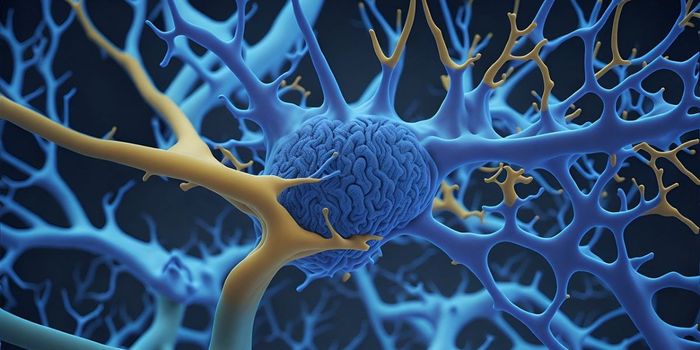Irregular heartbeats caused by medically prescribed cannabis: let's weed out the data
A recent nationwide cohort study aimed to investigate the potential association between the use of medical cannabis and the risk of new-onset irregular heartbeats (arrhythmia) in patients suffering from chronic pain. The study published in the European Heart Journal focused on understanding the cardiovascular implications of medical cannabis use within this specific patient population. With the rising concern of over-prescription of opioids, prescribers and pharmacists are eager to discover other medications that can adequately and safely treat pain.
The cohort comprised 1.88 million patients with chronic pain, showcasing a diverse range of pain diagnoses, including musculoskeletal (46%), cancer-related (11%), neurological (13%), and unspecified (30%) conditions. The breakdown of medical cannabis agents revealed that 24% were given cannabidiol (CBD), 29% a combination of CBD and tetrahydrocannabinol (THC), and 47% THC alone. Patients initiating medical cannabis treatment were more likely to be concomitantly treated with other pain medications, emphasizing the importance of understanding potential interactions and side effects.
The use of medical cannabis was associated with a standardized 180-day absolute risk of new-onset arrhythmia of 0.8%, compared to 0.4% among matched control patients. The risk ratio, a measure of association, was calculated at 2.07 (95% CI 1.34–2.80), indicating a more than twofold increase in the risk of arrhythmia among those exposed to medical cannabis.
The study conducted subgroup analyses to explore variations in the association based on different patient characteristics. The highest standardized 180-day absolute risk differences were observed in patients with cancer and those with cardiometabolic diseases. These findings underscored the importance of considering specific patient groups that might be more susceptible to the cardiovascular side effects of medical cannabis.
The study concluded that the use of medical cannabis in patients with chronic pain was associated with an elevated 180-day risk of new-onset arrhythmia. The relative risk increase, particularly driven by atrial fibrillation/flutter, raises concerns, especially considering the growing acceptance and availability of medical cannabis as a pain treatment.
The findings emphasize the need for continued research, including randomized studies, to validate these observations and inform physicians prescribing medical cannabis, especially in light of the rising demand for alternative pain treatments.
Sources: European Heart Journal








